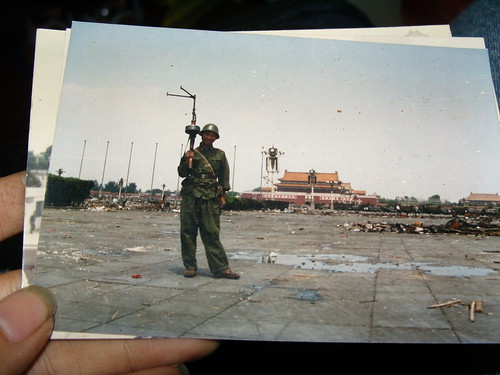Read ‘Notes on the Net’, Zola’s article on Internet activism for Index on Censorship‘s ‘Made in China’ issue here (pdf ) ,it was published in 2008, I am archive it on my blog.
Chinese blogger Zhou Shuguang’s journey through censorship, journalism and the Internet – from the Great Firewall to reporting banned stories
A lesson in censorship
In 2002, I hung around the online forum bbs.tencent.com. My first encounter with a BBS [bulletin board system] was also my first encounter with keyword filtering. On that website, all articles were censored by the software before they were posted. If certain sensitive words were found, such as ‘4 June’, ‘Falun Gong’, ‘hooker’ or ‘revolution’, the piece would not be posted. Sometimes, if an article contained non-political sensitive words like ‘fuck’, it would still be posted, but the system would replace those words with the * symbol. So I frequently saw BBS articles that contained * symbols. Some people used other symbols to separate individual characters in words like ‘revolution’ to avoid being censored by the software. I began to understand online censorship from that point.
Propaganda rules
On occasion, I’ve seen netizens make BBS posts about ‘propaganda notices’ and ‘propaganda rules’ which include prohibitions against reporting on ‘rights crusaders’, religious issues, family planning, forced eviction and demolition. The traditional Chinese media supervision framework consists of a strict registration and review system, a post-hoc censorship system, a personnel management system, and a permit system for practitioners, thereby exerting strict control over the dissemination of news.
How it works
All domestic websites must be registered, including non-commercial websites. The government assigns monitors to comment in chat rooms, direct the discussion and thereby influence public opinion. Server rooms control website content, under the supervision of the Internet Data Centre (IDC): if they discover sensitive content on websites under their jurisdiction, then the IDC will exert pressure to delete that content. ISPs and ICPs [internet content providers] are also tapped for content control. All sorts of online intimidation, complaints, administrative punishments and legal actions are employed to guarantee that all content is under the government’s control.
